In the world of aromatic spices, the debate of nutmeg vs cinnamon often surfaces, especially during the holiday season. Both nutmeg and cinnamon are celebrated for their unique flavor profiles and versatile uses, but how do they differ? As a holistic nutrition specialist, I've delved deeply into the spicy flavor nuances of these fragrant spices. My exploration through traditional medicine and Chinese medicine's use of natural foods and herbs has revealed fascinating insights into the nutritional value and the numerous health benefits of these two popular spices.
Nutmeg, a subtly sweet yet rich spice, is more than just a key ingredient in holiday treats. Its types vary, each offering a distinct taste and health properties.
Similarly, cinnamon comes ground in stick form. There are two main types of cinnamon, Ceylon and Cassia, which present their own advantages and culinary uses. Understanding these differences can transform your favorite recipes and help you to get the most out of them.
Diving into the heart of traditional medicine, nutmeg and cinnamon have been used for centuries, not just for their aromatic qualities but also for their healing properties.
Nutmeg, with its warm, slightly nutty flavor, is known in Chinese medicine for its digestive and anti-inflammatory properties.
Cinnamon, on the other hand, is renowned for its regulating blood sugar levels and its ability to boost immunity.
But what are the main differences between these two spices, and how do they impact our health and culinary creations?
The distinct aromatic spices, nutmeg, and cinnamon, bring more than just a spicy flavor to dishes; they offer a range of health benefits.
From their roles in easy ways to enhance eggnog recipes to being staples in nearly every spice blend, these spices are among the most popular spices in both sweet and savory dishes.
Jump to:
Nutmeg
Nutmeg, scientifically known as Myristica fragrans, is not just a fragrant spice but a reservoir of history, health, and culinary diversity.

Originating from the seed of an evergreen tree native to the Spice Islands of Indonesia, nutmeg has journeyed through centuries to become a popular ingredient globally.
Origins and History
Nutmeg’s story begins as the seed of the nutmeg fruit, treasured since ancient times. The seed of the nutmeg tree was a prized possession in medieval trade, symbolizing luxury and exclusivity.
This intense spice, with its pungent taste and warm flavor, was sought after by European traders, leading to its widespread popularity.
Types of Nutmeg
The two primary forms of nutmeg are whole nutmeg and ground nutmeg.
Whole nutmeg, the actual seed of the nutmeg tree, retains its flavor longer and can be freshly grated as needed.
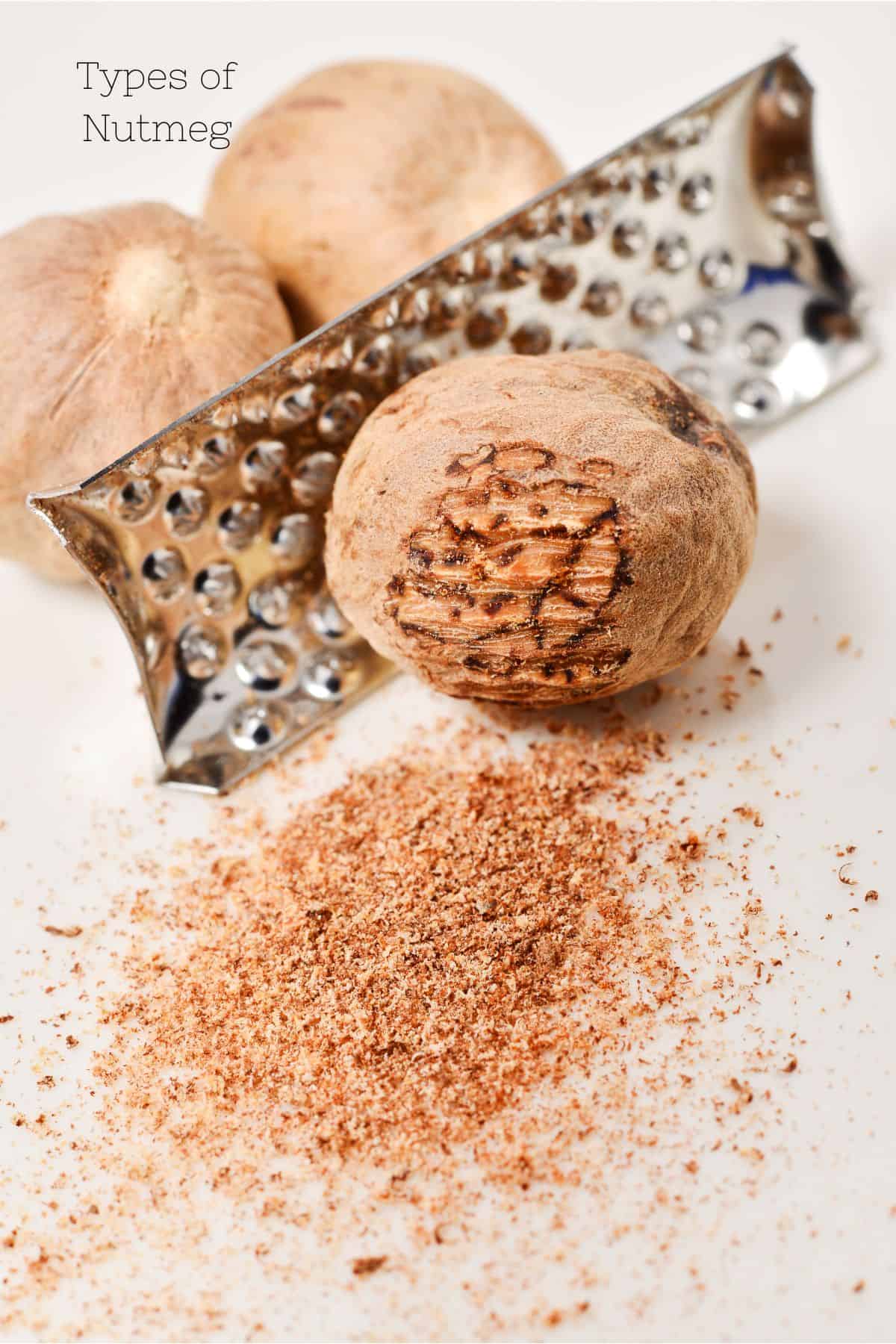
The intense aroma and strong spices of freshly ground nutmeg surpass the pre-ground variety, making it a favorite choice among culinary experts.
Health Benefits
Nutmeg is more than just a fragrant spice with a warm flavor; it's a good source of antioxidants. These beneficial compounds help combat oxidative stress, potentially reducing the risk of chronic diseases. Some key health benefits include:
- Antioxidant Properties: Nutmeg contains potent antioxidants that protect against free radical damage.
- Digestive Health: Small amounts of nutmeg can relieve digestive issues, thanks to its fiber content and essential oils.
- Pain Relief: The essential oils in nutmeg have been used traditionally for their anti-inflammatory and pain-relieving properties.
- Brain Health: Compounds in nutmeg may have neuroprotective properties, supporting brain health.
 Simply Organic Pure Ground ...Shop on Amazon
Simply Organic Pure Ground ...Shop on Amazon
Culinary Uses
Nutmeg's versatility in the kitchen is unparalleled. It's a staple in sweet dishes, lending a warm flavor to apple pie spice and pumpkin pie spice. However, its use extends beyond desserts:
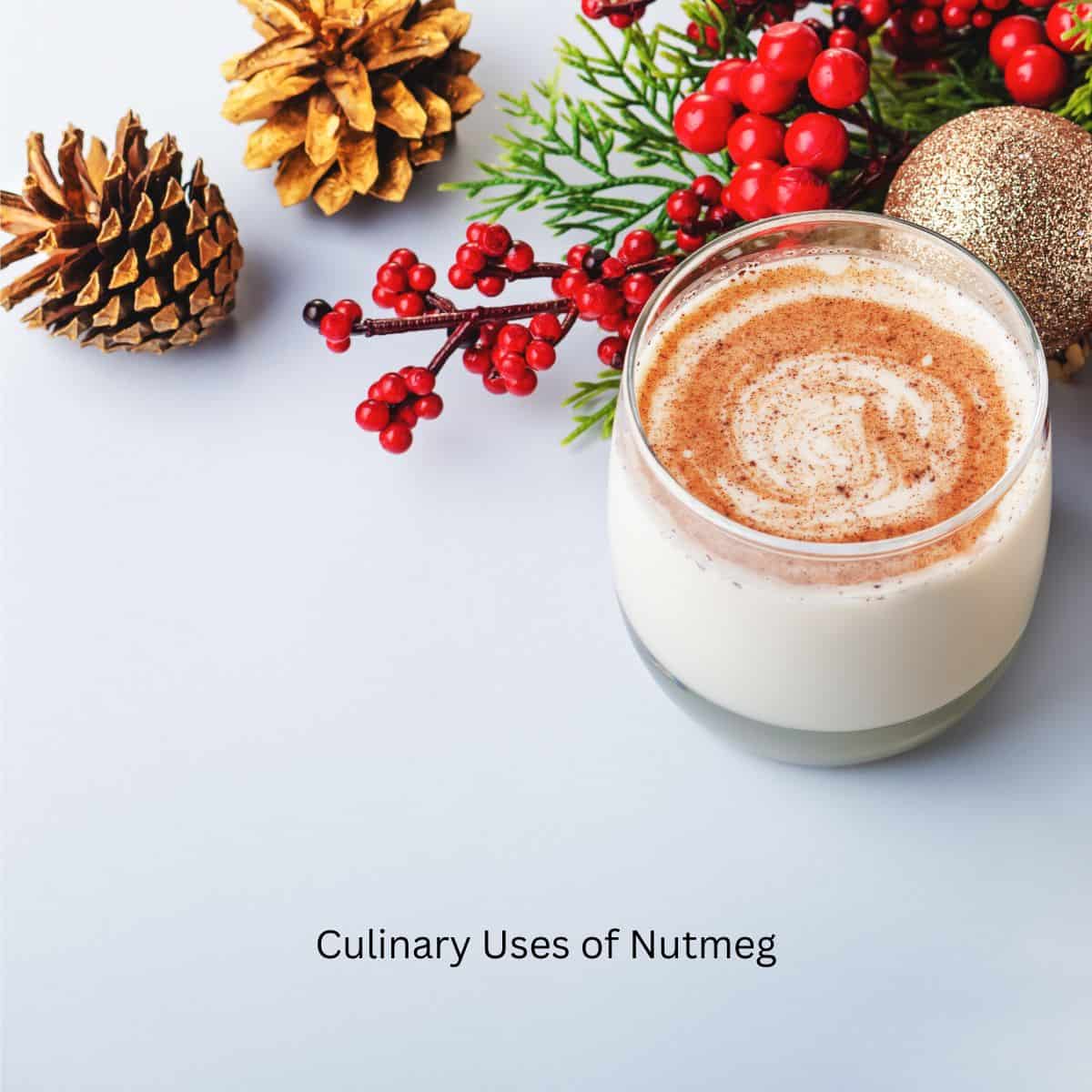
- Sweet Dishes: Nutmeg adds depth to cakes, cookies, and pastries, enhancing their flavor.
- Savory Dishes: In meat dishes, nutmeg brings a subtle complexity, often found in garam masala and other spice blends.
- Beverages: Nutmeg is a key component in seasonal drinks, adding a festive touch to eggnog and mulled wine.
Using Nutmeg in Cooking
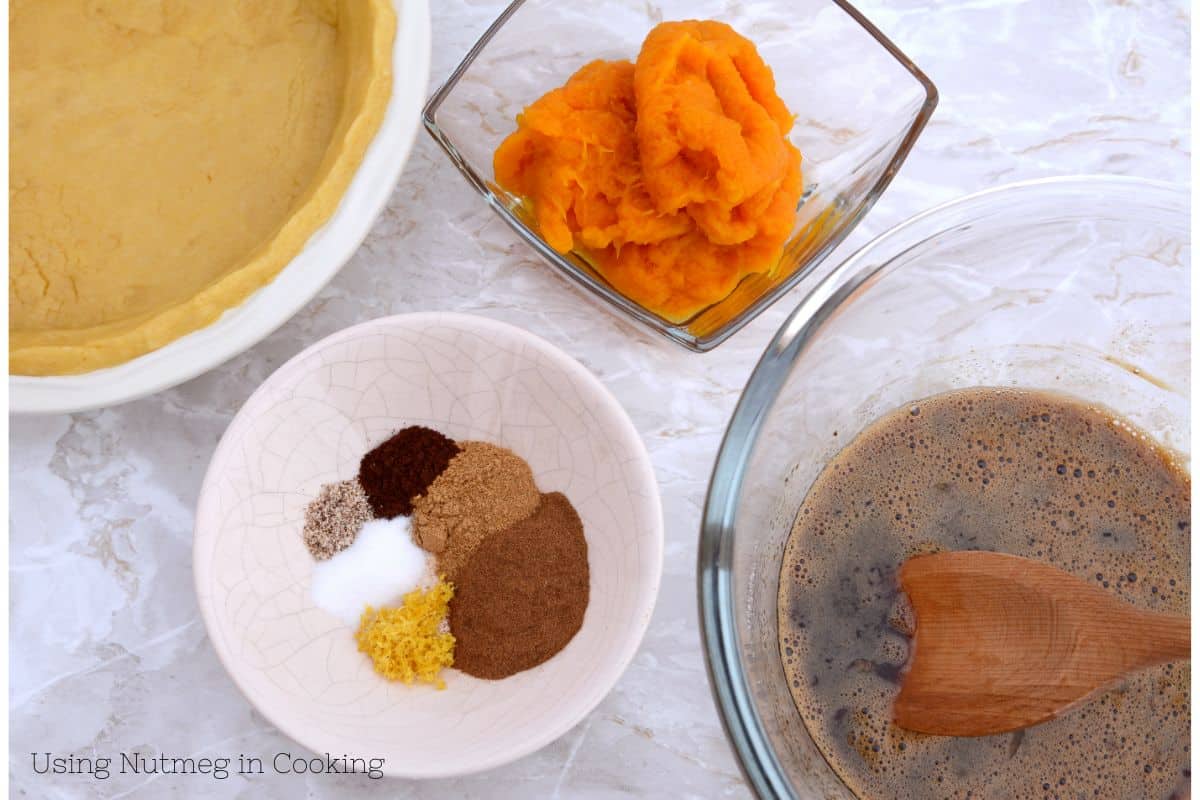
To use nutmeg effectively:
- Grate Freshly: Use a small amount of nutmeg, freshly grated, to preserve its intense flavor and aroma.
- Balance Flavors: Pair nutmeg with other strong spices or sweet ingredients to balance its pungent taste.
- Experiment: Incorporate nutmeg into various recipes to discover its versatile flavor profile.
In conclusion, nutmeg, with its rich history, health benefits, and diverse culinary uses, is a spice that transcends boundaries. From the seed of the nutmeg tree to the shelves of modern kitchens, it continues to be an integral part of gastronomy and wellness.
Cinnamon
Cinnamon, known for its sweet flavor and aromatic allure, has a history as rich as its taste. Originating from the bark of the cinnamon tree, specifically the genus Cinnamomum, cinnamon has been a culinary and medicinal staple from ancient Egypt and ancient Greece to modern kitchens.

Origins and Historical Significance
The story of cinnamon begins in ancient times, with records showing its use by ancient Greece, notably in wine and even, interestingly, as an embalming agent in ancient Egypt.
Native to Sri Lanka, the bark of a tree would transform into one of the world's most beloved spices. Cinnamon sticks, or quills, have been a symbol of luxury and health for millennia, traveling from the Spice Islands to every corner of the globe.
Types of Cinnamon
Ceylon Cinnamon (Cinnamomum Verum): Often referred to as "true cinnamon," Ceylon cinnamon is native to Sri Lanka. It's characterized by a delicate, sweet flavor and is considered superior in quality.
Cassia Cinnamon: Commonly found in the United States and many grocery stores, Cassia cinnamon (Korintje Cinnamon) is similar to Ceylon but has a stronger, slightly bitter taste with a sweet aftertaste.
Health Benefits
Cinnamon isn't just a flavor enhancer; it's also packed with health benefits:
- Antioxidant Properties: Rich in essential oil compounds and cinnamic acid that fight free radicals, cinnamon acts as a potent antioxidant.
- Blood Sugar Regulation: Regular consumption in moderate amounts can help manage blood sugar levels, making it beneficial for those with or at risk of diabetes.
- Anti-inflammatory Effects: The compounds in cinnamon have been shown to have anti-inflammatory properties, potentially reducing health problems related to chronic inflammation.
 Simply Organic Ceylon Groun...Shop on Amazon
Simply Organic Ceylon Groun...Shop on Amazon
Culinary Uses
Cinnamon's versatility in the kitchen is unmatched:

- Sweet Dishes: From cinnamon rolls to pastries, its sweet flavor delights taste buds.
- Savory Dishes: Much like nutmeg, ground cinnamon adds depth to meat dishes, stews, and even spice blends like garam masala.
- Beverages: Used in both hot and cold drinks, cinnamon enhances the flavor profile of everything from teas to cocktails.
Cinnamon in Ancient and Modern Times
Historically, cinnamon was valued not only for its flavor but also for its preservative qualities, especially in the embalming process. The ancient Egyptians and Greeks also valued cinnamon for its medicinal properties, infusing it in wines for both flavor and health benefits.
Choosing the Right Cinnamon
When choosing cinnamon, it's important to consider the type:
- Ceylon vs. Cassia: While Ceylon cinnamon is milder and considered healthier due to lower coumarin levels, Cassia cinnamon is more common and less expensive. However, excessive consumption of Cassia cinnamon can pose health risks due to its higher coumarin content.
Cinnamon Substitutes
In recipes, cinnamon can often be substituted with spices like nutmeg or star anise, providing a similar warm, sweet aftertaste. However, nothing truly replaces the unique flavor of cinnamon.
Using Cinnamon
To maximize its benefits, it's a good idea to incorporate cinnamon in various forms:
- Cinnamon Sticks: Ideal for infusions in beverages or as aromatic additions to stews.
- Ground Cinnamon: Perfect for baking and as a spice supplement in sweet and savory dishes.
- Cinnamon Oil: Used sparingly, it imparts a strong flavor and is used in traditional medicine.
In conclusion, cinnamon's journey from the bark of a tree in ancient lands to the spice racks of modern kitchens is a testament to its enduring appeal. Understanding its types, health benefits, and culinary versatility enriches our appreciation and use of this ancient yet ever-relevant spice.
Comparing Cinnamon vs Nutmeg
When it comes to enhancing the flavor of dishes, both cinnamon and nutmeg hold a special place in the culinary world. While they share some similarities in terms of their aromatic qualities, there are distinct differences that set them apart, particularly in their flavor profiles and uses.
Flavor Profiles
Cinnamon: Known for its warm, sweet, and slightly woody flavor, cinnamon is a versatile spice that can add a depth of flavor to a variety of dishes. The amount of cinnamon used in recipes can vary greatly depending on the desired intensity, as its flavor is quite prominent and can dominate other flavors if used excessively.
Nutmeg: Nutmeg, on the other hand, has a milder flavor compared to cinnamon. It offers a subtle warmth with nutty and slightly sweet undertones.
Nutmeg is often used in smaller quantities than cinnamon because of its intense spice, even though it has a milder overall taste. Nutmeg is sweeter than cinnamon and more fragrant.
Culinary Uses
Cinnamon: The use of cinnamon is widespread in both sweet and savory dishes. It's a staple in baked goods like cinnamon rolls, apple pies, and various pastries. In savory dishes, cinnamon adds a unique warmth and is commonly used in Middle Eastern and Indian cuisines.
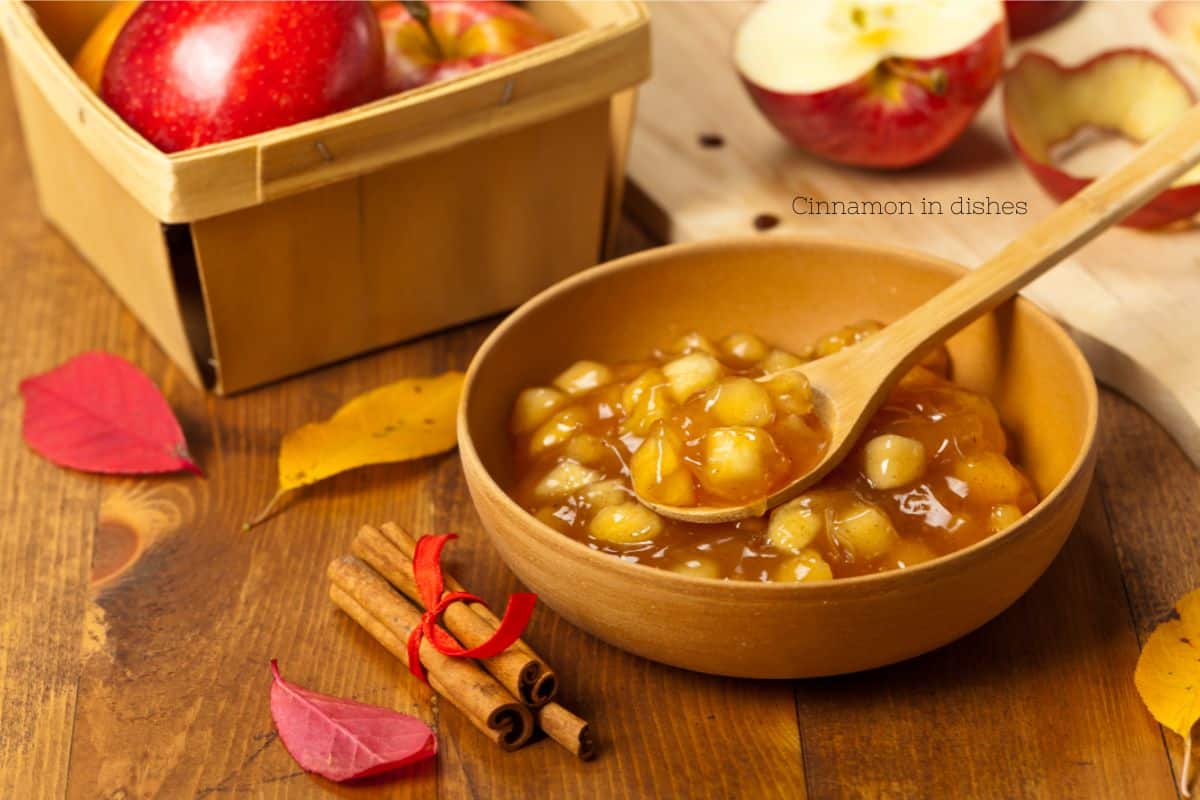
Nutmeg: Nutmeg's milder flavor makes it a perfect complement to creamy and cheesy dishes, such as béchamel sauce or mashed potatoes. It is also a popular addition to spice blends like garam masala and is often used in sweet baked goods.
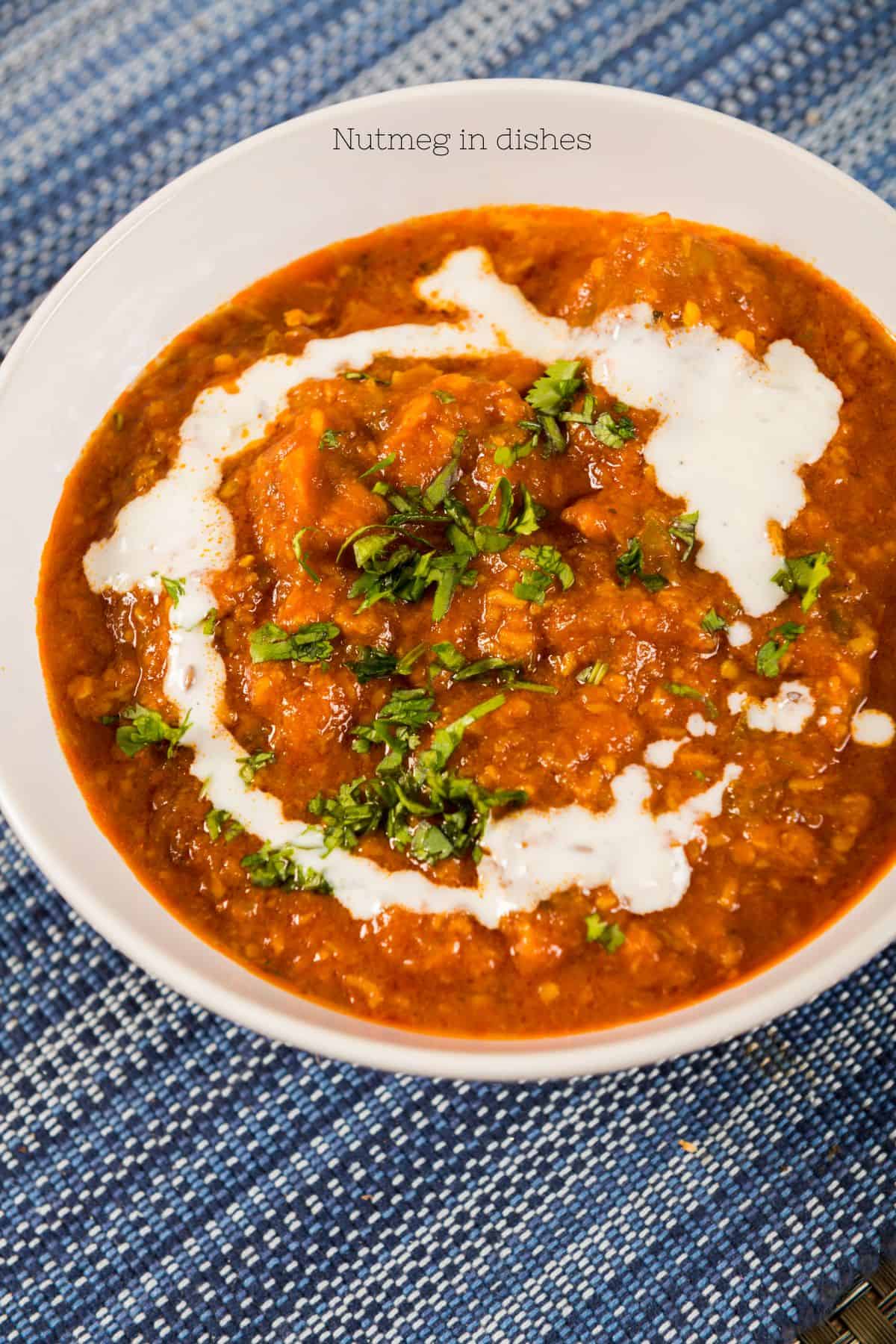
Both Nutmeg and Cinnamon: They can be used together, just like I did in this easy Peach Cobbler with Ready-Made Crust. Try it, you'll love it!

Substitutes and Combinations
- Substituting Cinnamon and Nutmeg: While both spices are distinct, they can sometimes be a good substitute for each other, in a pinch. In a recipe that calls for a milder flavor, nutmeg can be a cinnamon substitute. Conversely, cinnamon can replace nutmeg when a more pronounced flavor is desired. However, it's important to adjust the amount of spice used, as their flavors are not identical.
- Using Cinnamon and Nutmeg Together: In many recipes, cinnamon and nutmeg are used together to create a layered and complex flavor profile. Their combination is especially popular in fall and winter dishes, adding warmth and depth.
Nutritional and Health Aspects
Both cinnamon and nutmeg offer various health benefits, making them more than just flavor enhancers. They are both known to have antioxidant and anti-inflammatory properties and can contribute positively to overall health when used in moderation.
Health Considerations and Precautions
While cinnamon and nutmeg are celebrated for their flavors and health benefits, it’s essential to be aware of certain health considerations and precautions associated with their consumption.
Using these spices responsibly ensures you can enjoy their benefits without adverse effects.
Cinnamon: Coumarin Content
- Ceylon vs. Cassia Cinnamon: Cassia cinnamon, more common in grocery stores, contains significant amounts of coumarin, a compound that can be harmful in large doses. It can cause liver damage or worsen pre-existing liver conditions. Ceylon cinnamon, often labeled as "true cinnamon," has much lower coumarin levels and is safer for regular consumption. Ceylon's beneficial properties are much greater than cassia. Additionally, many cassia cinnamon brands are highly processed and devoid of many benefits, if any.
- Moderation is Key: Even with Ceylon cinnamon, moderation is crucial. As with anything, excessive consumption can lead to various health issues, including mouth sores, breathing problems, and increased heart rate.
Nutmeg: Myristicin Content
- Psychoactive Effects: Nutmeg contains myristicin, a natural compound that can cause psychoactive effects if consumed in large quantities. Symptoms of nutmeg poisoning include nausea, dizziness, hallucinations, and palpitations.
- Safe Consumption Limits: Generally, a small amount of nutmeg in cooking is safe. Problems usually arise with the consumption of nutmeg in large doses, which is not common in typical culinary uses.
General Precautions
- Pregnancy and Breastfeeding: Pregnant and breastfeeding women should use these spices cautiously. It’s advisable to consult with a healthcare provider before adding them to your diet in significant amounts.
- Allergic Reactions: Some individuals may have allergic reactions to cinnamon or nutmeg. If you experience symptoms like itching, swelling, or difficulty breathing after consuming these spices, seek medical attention immediately.
- Interactions with Medications: Both spices can interact with certain medications. For example, cinnamon might affect blood sugar levels and could interfere with diabetes medication. Always consult your doctor if you have concerns about interactions.
Children and Spices
- Caution with Kids: Young children should consume cinnamon and nutmeg in very limited quantities. Their bodies are more sensitive to the compounds in these spices, and they should not consume them in the same amounts as adults.
Cinnamon and nutmeg add wonderful flavors and health benefits to our diet, but like all good things, they should be used in moderation. Being aware of the potential risks and consuming these spices in culinary doses, not medicinal, can help you enjoy their benefits safely and responsibly.
Final Thoughts
As we wrap up our exploration of cinnamon and nutmeg, I’d like to share a bit of my personal experience with these wonderful spices. In my daily routine, I particularly enjoy adding a dash of cinnamon to my morning coffee. Not only does it enhance the flavor, but it also helps reduce the acidity, making each cup more enjoyable.
During the holiday season, the combination of cinnamon and nutmeg truly shines in my household. These spices work harmoniously in our holiday eggnog and peach cobbler recipes, bringing a sense of warmth and festivity to our table.
For those looking for a natural way to aid in blood sugar regulation, I often recommend Ceylon cinnamon. Its mild yet distinct flavor makes it a delightful addition to daily meals.
However, it's important to discuss this with your doctor, especially if you're managing a medical condition.
Now, I'd love to hear from you! What are your favorite ways to use cinnamon and nutmeg?
Do you have a special recipe that brings out the best in these spices? Share your thoughts and experiences by commenting below, and follow us for more healthy living and holistic nutrition tips.
Your insights and culinary adventures are what make our community vibrant and diverse.
Don't forget to subscribe for more insights into a healthier, more mindful lifestyle. Together, let's embark on a journey of wellness and discovery.
I hope you have a happy and healthy holiday season.
Be well,
Natalie 🌿

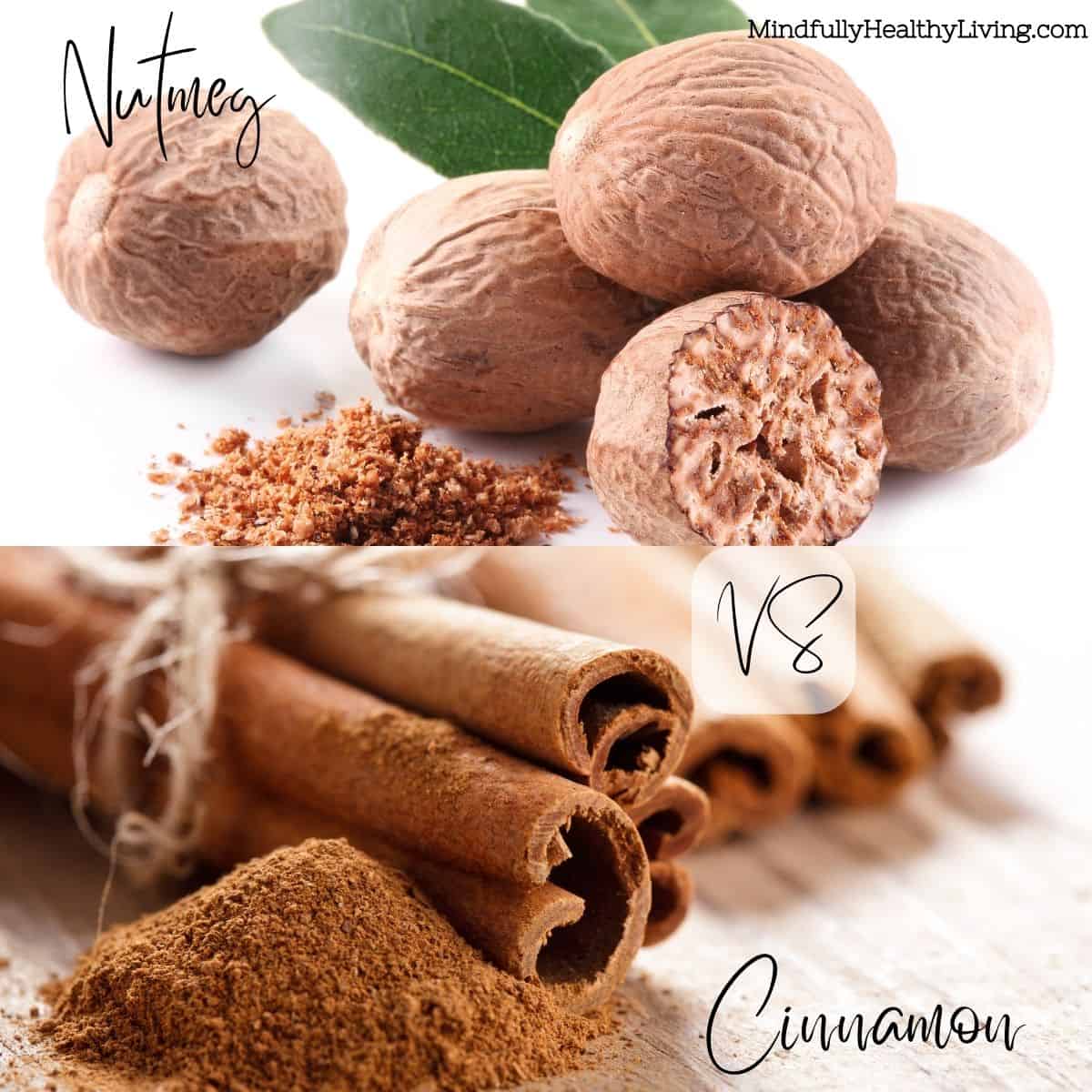
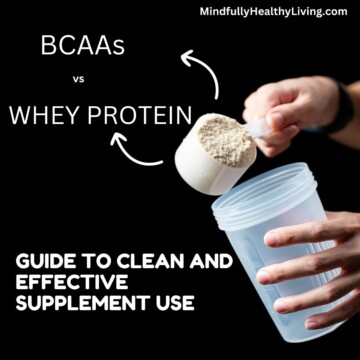
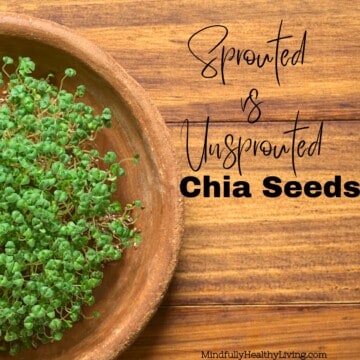
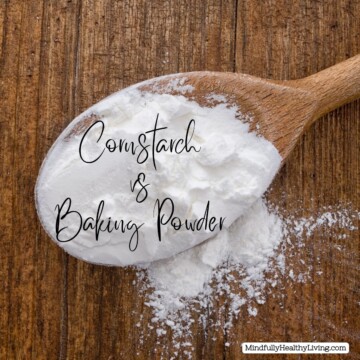
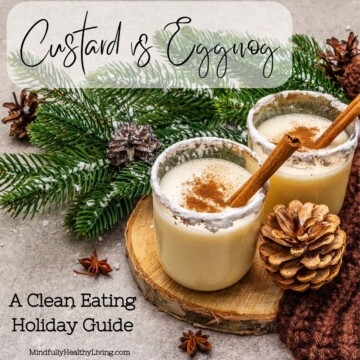
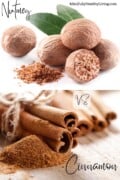
Century Foods says
I found your article very informative. Do keep posting such articles! Thank You.
Thanks for sharing. I absolutely loved your ideas.
Natalie Perry says
Thank you
Grace says
Wow a lot of great info! Thanks for sharing! I especially appreciated reading about the health benefits!
Natalie Perry says
happy to help 🙂
Alison says
I love both of these spices so it is very interesting to read about them! I've always only used already ground nutmeg. I should try buying it whole and grating it myself!
Natalie Perry says
it is such a delicious flavor